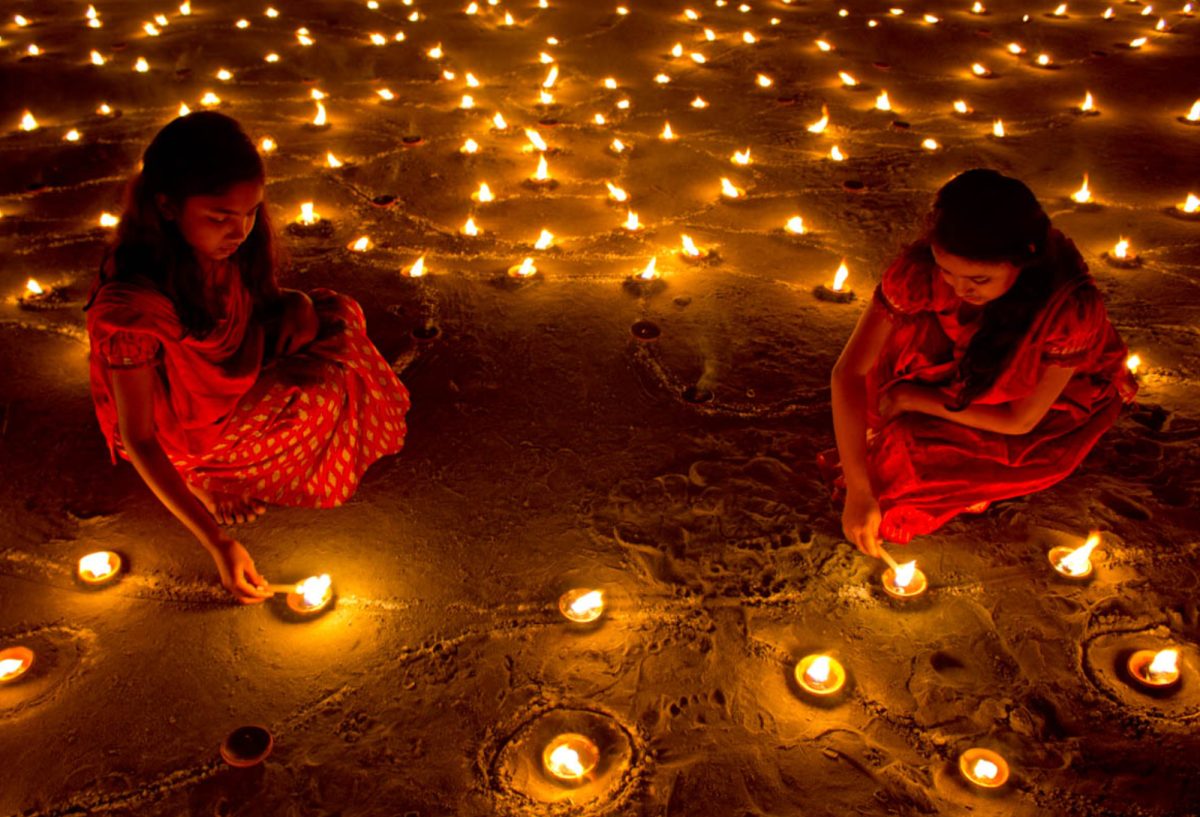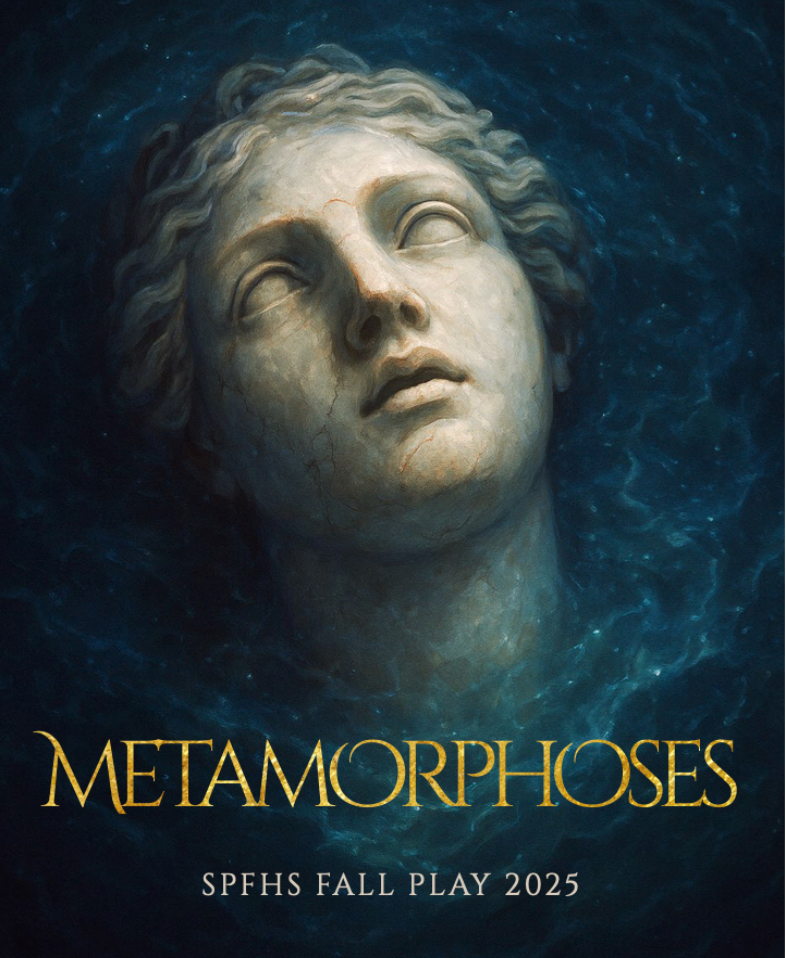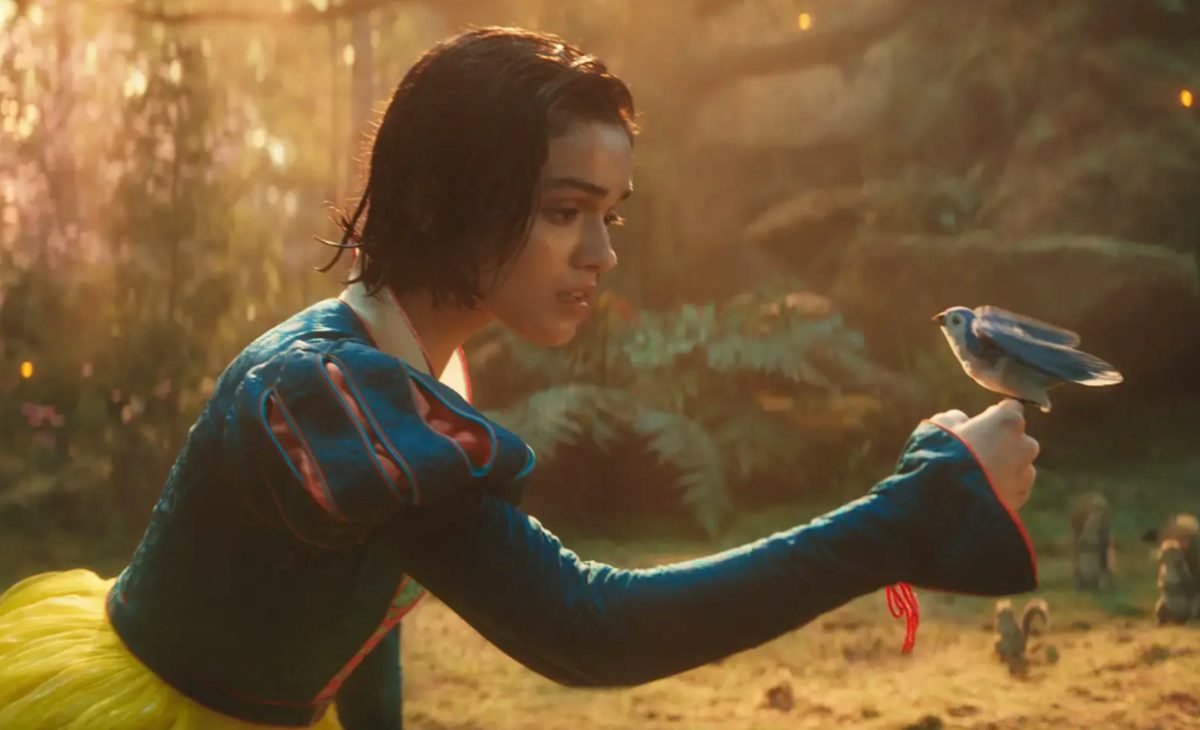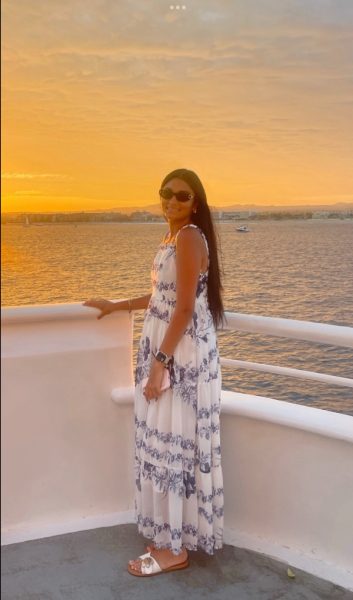Every year, millions of people around the world celebrate Diwali, also known as the Festival of Lights.
It’s one of the most important holidays in Indian culture, symbolizing the victory of light over darkness and good over evil.
The festival lasts five days, from Oct. 18 to Oct. 22, 2025, and each day carries its own meaning and traditions that bring families and communities together.
“On the first day, people shop for gold or kitchen utensils to help bring good fortune,” according to Amit Chaturvedi, a writer for NDTV. “On Day 2, people decorate their homes with lamps and create rangoli. The third day, the main festival, is marked by Lakshmi Puja, festive meals and fireworks. The next day is Govardhan Puja, and the last day, Bhai Dooj, honors the bond between brothers and sisters.”
Though Diwali is celebrated everywhere, the meaning behind it can differ across India. In northern India, it marks Lord Rama’s return to Ayodhya after defeating the demon king Ravana, a story from the Ramayana.
People light diyas to welcome him home. In southern India, it honors Lord Krishna’s victory over the demon Narakasure, symbolizing the triumph of light over darkness.
Despite regional differences, the festival’s message of renewal, hope and positivity remains the same.
“Diwali is all about celebrating with family and friends, and that theme is universal no matter one’s religion, culture or country of origin,” Scotch Plains-Fanwood High School science teacher Sweta Gandhi told The Fanscotian.
Food plays a big part in the celebration too. Families prepare sweets such as ladoos, barfi and jalebi to share with friends and neighbors.
Many wear new clothes, visit temples and exchange gifts to welcome prosperity. and happiness.
“It’s a time to reflect and to appreciate all the good around us,” Gandhi said.
Even though Diwali is celebrated by many families in our community, it often falls on a school day. Having a day off allows students who celebrate to fully take part in their traditions without missing classes or assignments.
Recognizing Diwali as a school holiday shows respect for the cultural diversity in our community. Just like other major holidays, it’s a time of reflection, family and celebration—something that deserves to be acknowledged.
At its core Diwali celebrates hope and togetherness.









